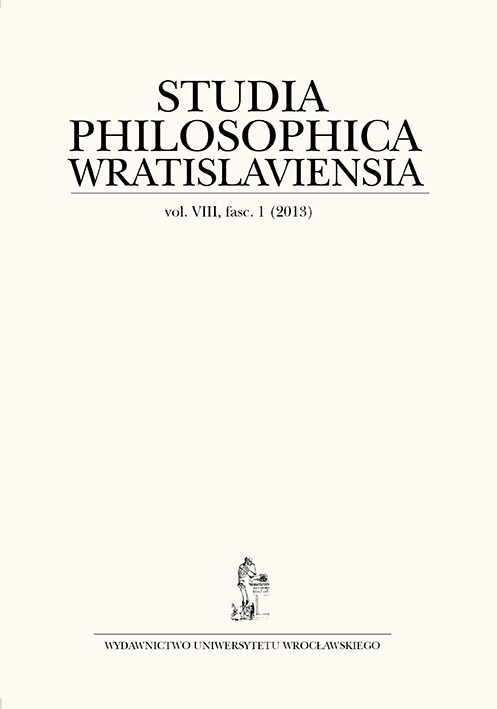

Artykuły

Positive law vs. morality in modern democracies
The article addresses the problem of contemporary democratic states which separate the legal order from moral order and promote the autonomy of law and morality. The author argues that the law which defies the objective, invariable and independent system of values and accepts convention as the only criterion of solving contestable issues cannot guarantee the protection of the most essential values, alongside the invariable common human rights. It is based on a conviction that man cannot rely on any higher agency, superior to himself, which would determine what is right and wrong. In the name of freedom and autonomy of man heteronomous moral norms are shunned away, and instead legal restrictions are introduced. The rejection of morality results in a vast number of regulations defining all sorts of obligations which are incomprehensible to an average citizen who is easily lost among them. It is conceivable, however, that a state may become a felonious one if its laws are constituted against the common good and against the good of individuals. The author argues that such laws do not bind a person ‘from the inside,’ and that only the law which respects the ethical principles ought to be accepted by a man. She also stresses that a genuine promulgation of law takes place within a person’s mind. A man as a free person, responsible for his deeds, does not work as an automatic machine and should not be seen as a mindless subject of law but needs to submit it to his conscience.